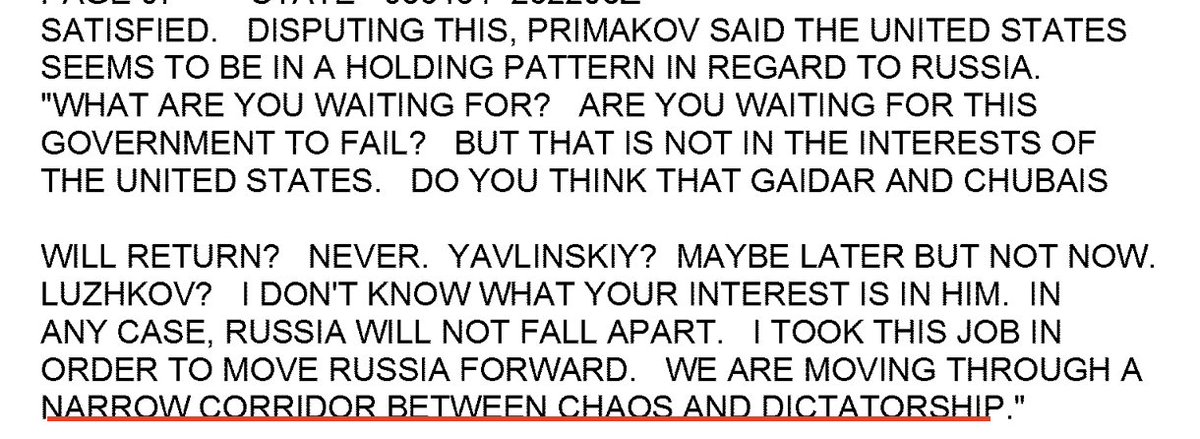
newyorker.com/news/our-colum…. Ehem. A pretty far-fetched take, even for Masha Gessen.
Check out the juicy evidence, too. "But where there is one conspiracy, another, greater one is always lurking—like the credits and intertitles of this moviefilm, which flash for a moment in Russian Cyrillic (not Kazakh), only to be obscured by English."
Not entirely true by the way since the credits are partially in actual Kazakh. But so what. "Borat" also speaks Hebrew and Polish in the film - is this a pointer to an Israeli-Polish conspiracy to undermine the US?
The film is a parable of many things and "Russian interference in American politics" comes so far down the list that unless you are @mashagessen, you will have thankfully missed out on that particular parable.🤷♂️
• • •
Missing some Tweet in this thread? You can try to
force a refresh











